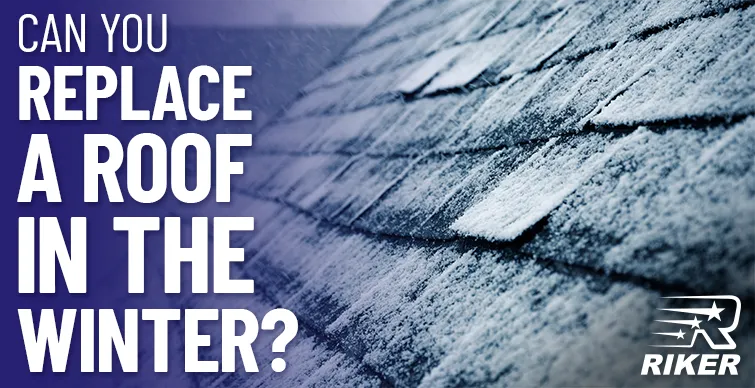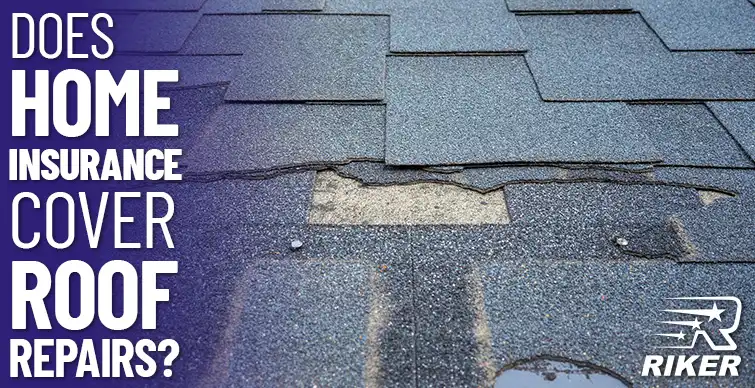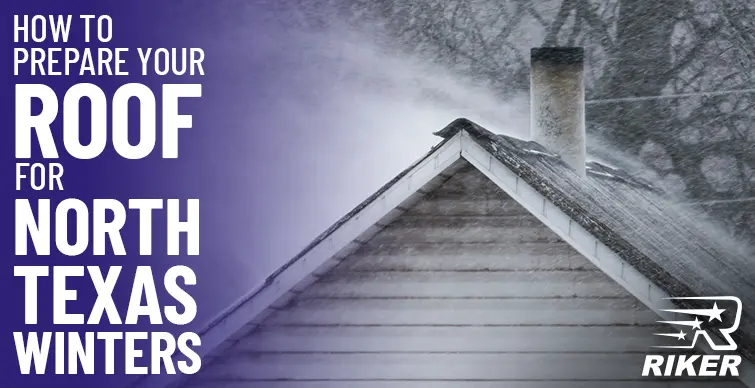As a homeowner, you shouldn’t mindlessly rely on a contractor’s verbal promises regarding roofing contracts. You must have a comprehensive understanding of the Texas roofing laws to ensure your protection as a client. Enter a written contract with your service provider to see whether their service follows the Texas roofing laws. As a Plano, TX resident, understanding the state roofing laws can promote a successful, hassle-free project. Here are essential roofing contract laws in Texas you must know about.
Wind Pressure Requirements
The Texas Administrative Code requires that all building roofs be designed to withstand horizontal wind pressure, either inward or outward. Roofs sloping at more than 30 degrees must be constructed to withstand pressures acting inward and normal to the surface. Additionally, overhanging eaves and cornicles must be built to withstand outward pressures twice the horizontal wind pressure on all surfaces. The extra strength ensures these architectural elements can withstand higher pressure from strong winds.
Roof Covering Requirements
Roof coverings must meet the set standards in Texas to ensure durability. According to the Texas Administrative Code, roofing systems must be secured on the roof deck according to the manufacturer’s installation instructions and with the approved methods. Secure fastening helps prevent the roof from dislodging in severe weather conditions like strong winds or hurricanes. Clips, nails, screws, and other suitable fasteners must be galvanized or suitably corrosion-resistant. This ensures that the materials used for roof coverings can withstand the local climate conditions, including the humidity and varying temperatures throughout the year.
Anchorage Requirements
The roof sheathing has to meet specific standards to comply with the Texas Administrative Code. The code dictates that wood roof decks that use shingles must be adequately sheathed. This means that the material used should support the weight of the roof coverings. The material should be well-seasoned and dried, and the nails must be long enough to extend through the sheathing. Asphalt shingle tabs must be securely spotted with plastic, asphalt cement or anchored by locks. The sheathing boards must be at least an inch and a maximum of 6 inches wide. If plywood is used during construction, it must not be less than 5/8 inches thick. The roof beams must be anchored to a wall or a well-designed interior column. Anchored wall beams must not be over 4 feet apart, and all anchors must comprise steel or iron bolts or straps of adequate strength to resist vertical uplift of the roof.
Proper Installation and Structural Integrity
The choice of material, installation method, and structural integrity is crucial for a durable, well-functioning roof. The Texas Administrative Code requires that roofing material pass the U.L. standard 997. Alternatively, it should pass a similar test certified by the commissioner to promote wind resistance. It should be free from any defects that could compromise its structural integrity. A roofing contractor must ensure that the decking is securely fastened to the roof frame and that there’s no present damage. Using wood that shows signs of decay can cause safety hazards, and the roofing frame will collapse and cause further problems. Proper installation and roof decking maintenance contribute to the longevity and overall stability of the roofing system.
Roof Flashing Requirements
Roof flashing is an essential component that secures the roof joints and other places that receive plenty of water when it rains. It protects the weak points of a flat and sloped roof from damage that can cause flooding. Roof flashings can be installed at intersections and the terminations of the roof covering. Flashing creates a watertight seal that directs water away from vulnerable areas on the roof. The flashing material must be compatible with the roof covering to protect against water infiltration.
Reasons You Need a Licensed and Certified Roofer
Hire a certified roofer to ensure your roofing complies with the Texas Administrative Code. Your roof is a significant investment; you must get the best services to ensure longevity. You’ll obtain the following benefits from a professional roofing contractor.
Safety
Safety is essential when it comes to roofing services. Most of the roofing laws in Texas lean towards safety, and hiring a professional ensures your safety. Licensed roofing contractors have the training and knowledge of the safety standards of the Texas Administrative Code. In addition to safety training, they have the appropriate safety equipment to work on roofing projects. These include proper shoes, sponge pads, ropes, and harnesses for tying off on steep roof pitches.
Access to Quality Materials
The roofing material is essential for structural integrity and sturdiness. A certified roofer has access to suppliers with roofing materials and components that meet your needs. They provide metal, synthetic, and cedar shakes, depending on your preference. They also offer a broad selection of shingle brands and colors according to your taste. Quality materials provide a longer service life suitable for your budget.
Quality Workmanship
Every roofing project requires knowledge, skill, experience, and training for the best results. Professional roofing contractors have years of roofing experience that enhances their work quality. Although most jobs are prone to errors, you can get the best results from a certified professional most of the time. Quality workmanship enhances the quality of work output, reducing the need for frequent repairs and avoiding the stress of needing a roof replacement.
Better Roof Warranty Opportunities
A licensed roofing professional offers better warranty options. You can access two types of warranties after the project’s completion. The first warranty is on the workmanship of the roofing contractor. The workmanship warranty will protect your roof against errors or accidents during installation. If a worker makes a mistake while working on the project, the roofing contractor will take care of it without costing you any amount.
The second warranty will be on the material components used for the roofing project. The warranty protects you against defects that may occur during the manufacturing process. All the materials come from the manufacturer’s package with a warranty. A certified professional can get better warranties from the manufacturer. For instance, architectural asphalt shingles have a 30-year prorated warranty. If your roofing contractor is certified by the shingle manufacturer, you can get a 50-year enhanced warranty. You can access this warranty if you complete your roof with the manufacturer’s components alone.
Can You Negotiate Roofing Contracts?
When you enter a roofing contract, legal and regulatory compliance is non-negotiable. You can negotiate most other aspects with your roofing contractor, like the service cost. The price negotiation can be complicated if an insurance company pays for your roofing project. You can negotiate the timeliness, work scope, and change orders openly. Successful project completion relies on effective communication between you and your contractor.
Hire a Professional Roofing Contractor in Plano, TX
If you’re looking for a roofing contractor to ensure compliance with the Texas roofing laws, Riker has you covered. We offer top-tier roofing, garage doors, and gutter services in Plano, TX. Contact us for more information on our service offerings.


